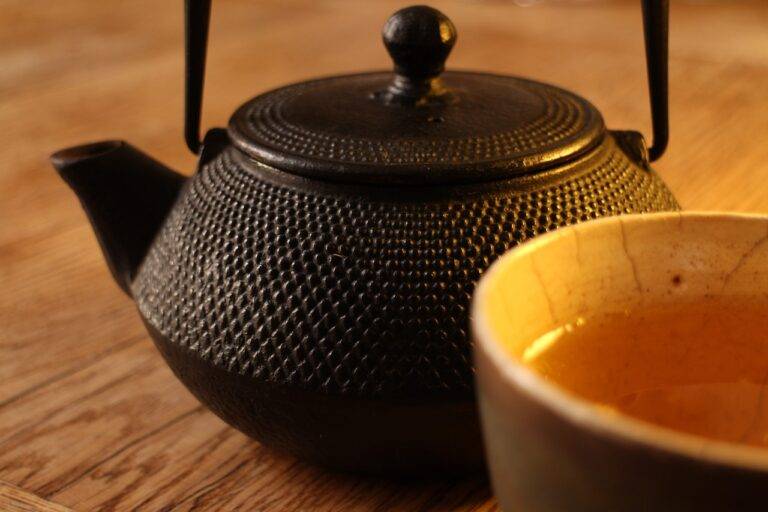Exploring the World of Traditional Cooking Techniques
In Japan, the art of sushi-making has been perfected over centuries. Sushi chefs meticulously prepare vinegared rice, fresh fish, and other ingredients to create beautifully crafted bites of culinary delight. The precision and attention to detail involved in sushi making reflect the Japanese dedication to craftsmanship and skill in the kitchen.
Meanwhile, in Italy, pasta-making is a revered tradition that has been passed down through generations. From hand-rolling dough to shaping various pasta shapes like spaghetti, penne, and ravioli, Italian cooks take pride in producing homemade pasta with the perfect texture and flavor. The simplicity of ingredients combined with the labor-intensive process of pasta-making showcases the Italians’ passion for preserving their culinary heritage.
History of Traditional Cooking Methods
In ancient times, cooking methods varied greatly depending on the region and available resources. Communities would utilize open flames, hot stones, or even bury food underground for slow cooking. These techniques were developed out of necessity, with each method uniquely suited to the ingredients and environment of the area.
As civilizations advanced, so did their cooking methods. The introduction of pottery allowed for more efficient cooking over open fires, while the invention of metal cookware revolutionized the culinary world. Traditional techniques like steaming, roasting, and smoking became prevalent, shaping the diverse culinary traditions seen around the globe today.
What are some traditional cooking techniques from around the world?
Some traditional cooking techniques include grilling, smoking, baking, roasting, boiling, steaming, and fermenting.
How have traditional cooking methods evolved over time?
Traditional cooking methods have evolved with the introduction of new cooking technologies and ingredients. However, many traditional techniques are still used today, either in their original form or with modern adaptations.
Why is it important to preserve traditional cooking methods?
Preserving traditional cooking methods helps to maintain cultural heritage, promote sustainability, and ensure the authenticity of traditional dishes. Additionally, traditional cooking methods often result in unique flavors and textures that cannot be replicated with modern techniques.
Are traditional cooking methods still relevant in today’s world?
Yes, traditional cooking methods are still relevant in today’s world, as they offer a connection to the past, promote a sense of community, and can result in delicious and nutritious meals. Additionally, many chefs and food enthusiasts are rediscovering and incorporating traditional techniques into their culinary practices.





